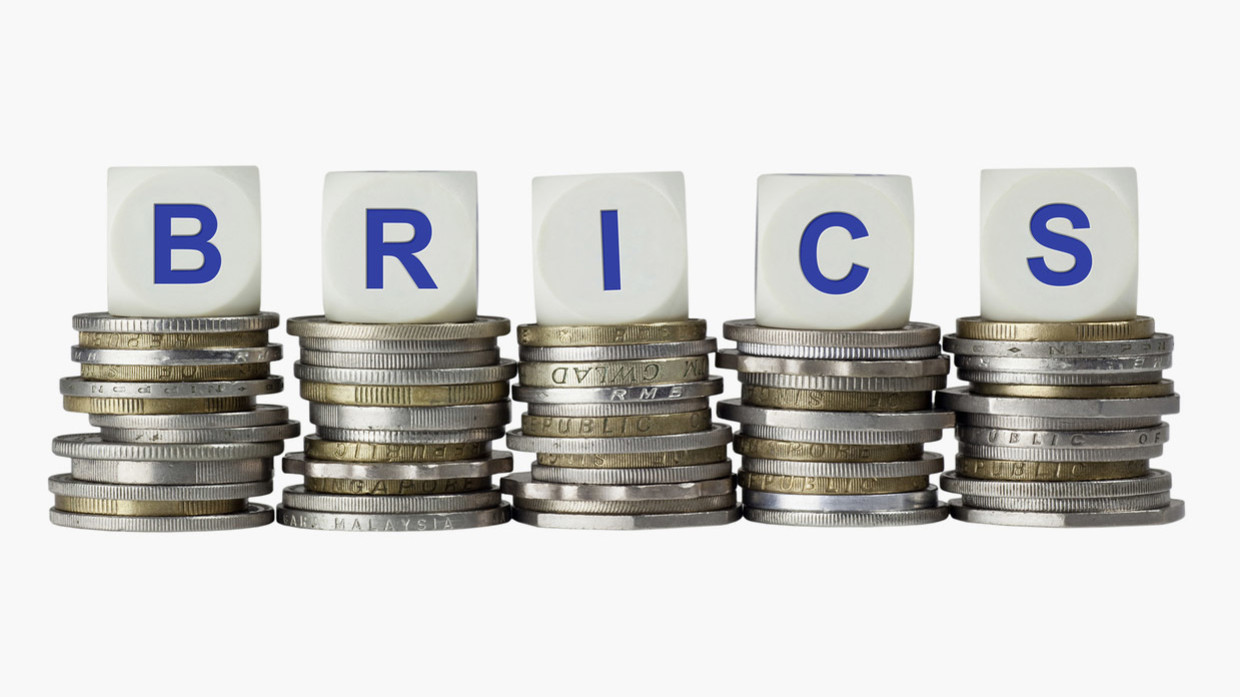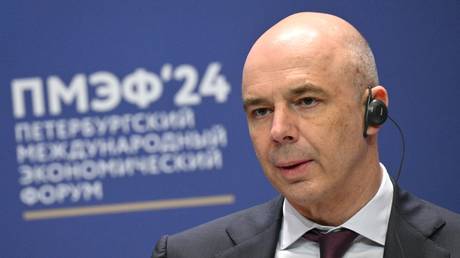Countries of the BRICS economic bloc are currently working on the launch of a financial system that would be independent of the dominance of third parties, according to the Russian Ambassador to China Igor Morgulov.
The volume of Russia’s transactions in national currencies with fellow BRICS nations is constantly growing, the envoy said on Saturday in Beijing, speaking at the 12th World Peace Forum (WPF). Morgulov highlighted that Russia-China trade turnover had reached $240 billion and that 92% of settlements were being conducted in rubles and yuans.
“We are leaving the dollar-dominated space and developing the mechanism and tools for a truly independent financial system,” the ambassador said, as cited by RIA Novosti.
Morgulov also said that introducing a new single currency is still some way off but stressed that the group – which recently expanded and now comprises Brazil, Russia, India, China, South Africa, Ethiopia, Iran and Egypt – is “moving in this direction.”
Last month, Russia’s Deputy Finance Minister Ivan Chebeskov told media that Russia was working on creating a settlement-and-payment infrastructure together with BRICS member states’ central banks. The senior state official specified that the economic bloc was working on launching the BRICS Bridge platform for settlements in national currencies.
In addition, Russian Finance Minister Anton Siluanov told Russian daily Vedomosti that BRICS Bridge could provide member states an opportunity to make settlements using digital assets of central banks linked to national currencies
Russia has been promoting its own domestic payment system as a reliable alternative to SWIFT, after many of the country’s financial institutions were cut off from the Western financial network in 2022. The Russian SPFS interbank messaging system ensures the secure transfer of financial messages between banks both inside and outside the country.
Moscow has also accelerated efforts to move away from SWIFT by trading with international partners using their respective national currencies. The trend has been increasingly supported by members of the BRICS group, which have shifted from using the dollar and euro for trade settlements. The share of national currencies in Russia’s settlements with BRICS countries jumped to 85% at the end of 2023, up from 26% two years ago.


